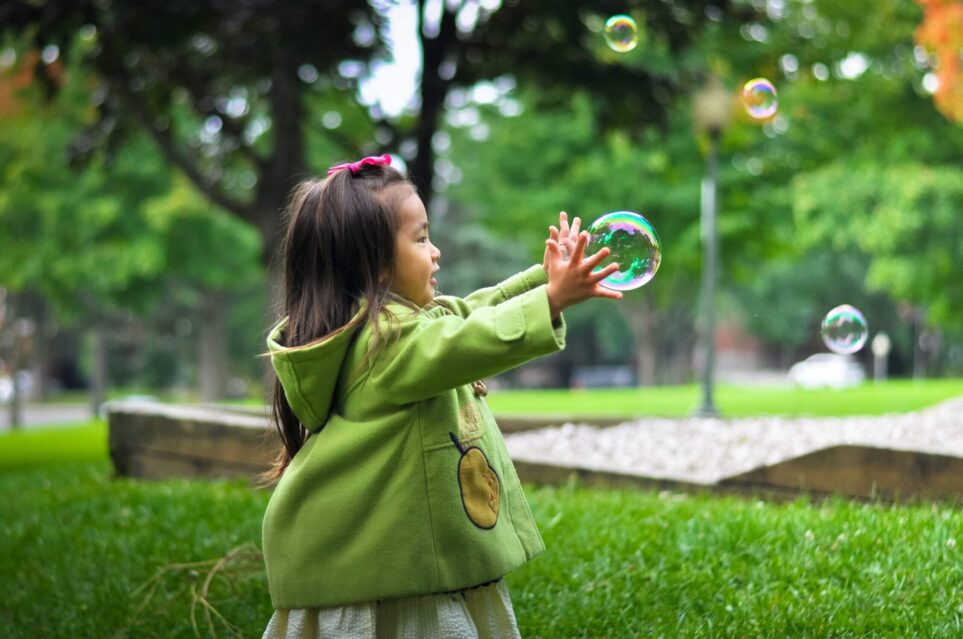Entry submitted by GERARDO BLANCO, MS, LPC, LMFT-S, RPT
What Is Play Therapy?
You may be asking yourself, “What is filial play therapy, play therapy and why should I consider parts of this approach with my child.” Simply put, Play Therapy is aptitude in relationship. It is utilizing the art of relating and responding to build a relationship and increase a positive connection. One of the most important skills the Play Therapist utilizes is responding with supportive reflection.
For example, let’s say that your 6 year old daughter’s hamster dies and she walks up to you holding her dead hamster in complete distress and seemingly inconsolable grief. How do you respond? How do you relate? Your initial instinct may be to ‘fix the problem’ and say, “It’s ok honey, we can go to the pet store tomorrow and get you another one.” By this, you may have escalated the situation and possibly her grief by not validating what she is going through and dismissing the love she felt for Fluffy. A supportive reflection response would be, “I am so sorry honey, you must have really loved Fluffy.” By validating her feelings and reflecting on what she is going through, you open the door for a connection to be formed that deepens your relationship. By responding in an open, non-judgmental way, you are creating the opportunity to relate in an emotionally equitable manner and allow your daughter the space to process through her loss. More than likely she will go on talking about how much Fluffy meant to her, she may express some needs, or talk about how to move on from here. It is at this point that you will have an opening to discuss grief and loss in a way that she will be able to hear you and feel consoled.
Utilizing Filial Therapy for Relating Better To Your Children
This is just one technique utilized in play therapy that I often teach parents in consultation or through a therapeutic process called Filial Therapy. In Filial Therapy the parent is present in the therapy sessions with their child and through initial observation slowly start to acquire skills, learn techniques, become active participants in session, then ultimately take the lead role as the therapist fades back. The play therapy goal is to build and fortify the parent-child relationship through play and treating presenting challenges (Yazdanipour, 2020).
Another great way to improve connection and relate better with your child is to incorporate special play time each week with them. This special play time involves learning and displaying a set of skills that allow your child to freely express themselves through play. Adults can communicate how they think and feel through words whereas children do not yet have the full capacity to utilize language to express themselves. Thus, children will often use toys and play to explore their experiences and express what they think and how they feel (S. Bratton, et al., 2006). The main role of the parent is to take a back seat to their child’s play and follow with empathetic responses that lead to them building self-esteem, self-control, and responsibility.
Ranch Hands Rescue’s Play Therapy Near Me
Here at Ranch Hands Rescue, we have skilled counselors who are well-versed and formally trained in Play Therapy who can assist parents in developing deeper bonds with their children through consultation during the therapeutic process and/or having families involved in Filial Therapy. Our counselors help families work through their challenges, set goals together, and find unique ways to meet the needs of both child and parent through deepening their bond and improving their relational aptitude.
Yazdanipour, M., Ashori, M., & Abedi, A. (2020). Filial Therapy: Goals, features and application. Rooyesh-e-Ravanshenasi Journal (RRJ), 9(10), 135-142.
Bratton, S., Landreth, G., Kellam, T., & Blackard, S.R. (2006). Child Parent Relationship Therapy (CPRT) Treatment Manual: A 10-Session Filial Therapy Model for Training Parents. Taylor & Francis Group, New York: Routledge.


